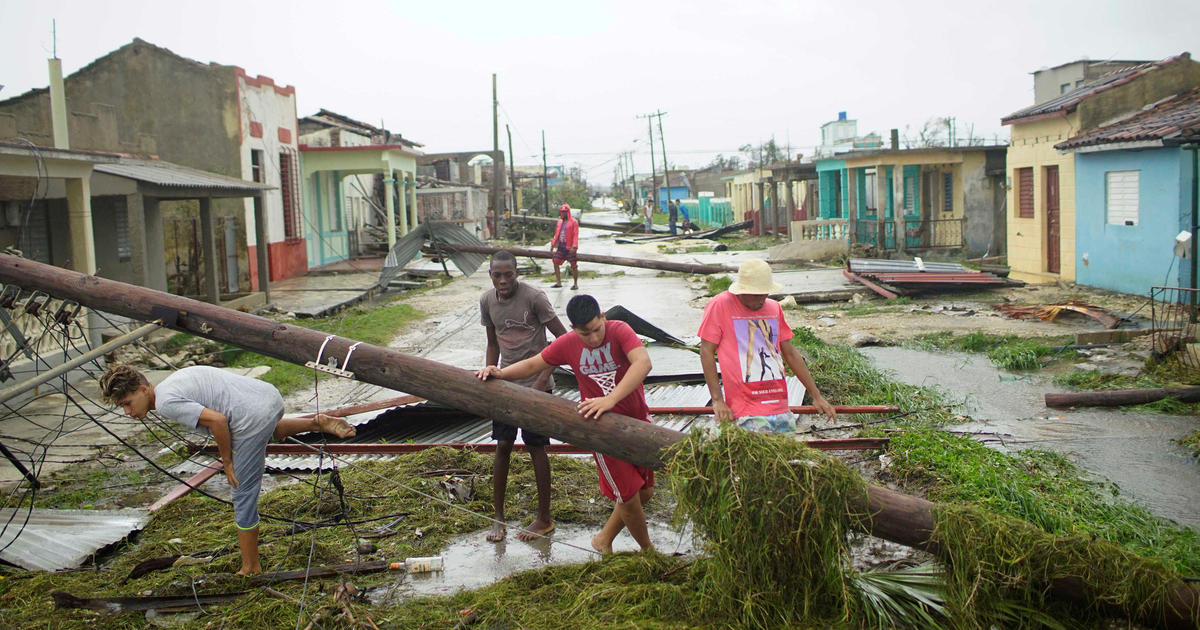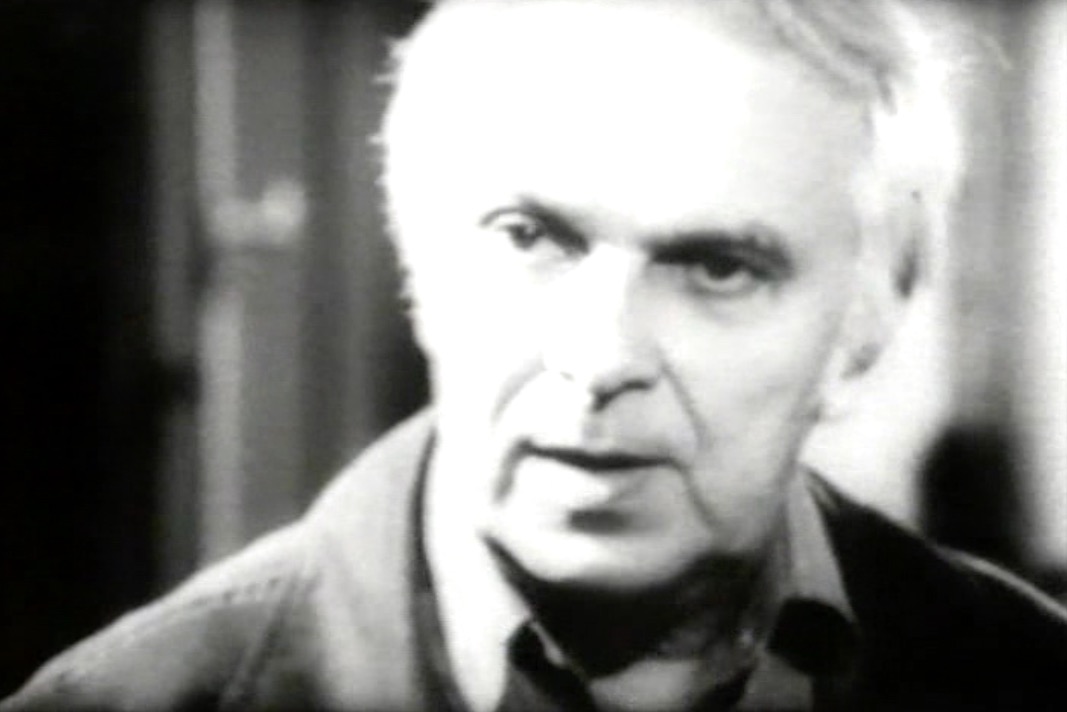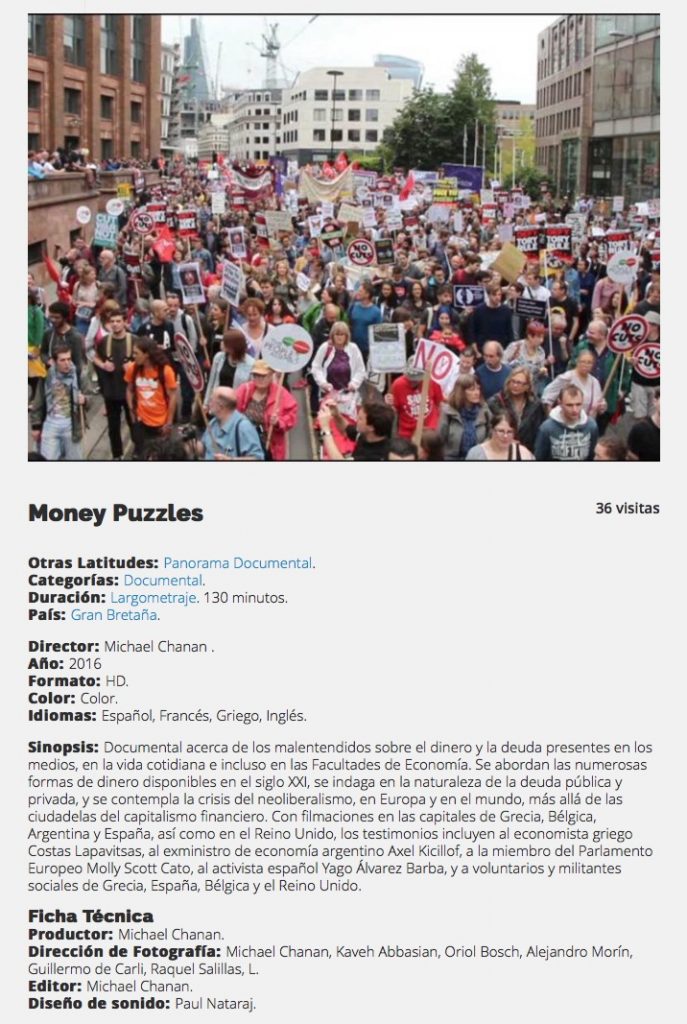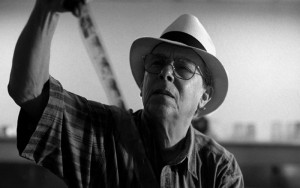Coming soon – Cuba: Living Between Hurricanes (Cuba: Vivir entre ciclones)
The Cuba we left behind when we finished shooting Cuba: Living Between Hurricanes in July came under renewed pressure from the North in September. Fresh sanctions by Washington on oil shipments from Venezuela plunged Cuba into a fuel crisis. There wasn’t enough petrol in the pumps. Friends in Havana told us that people were instructed to stay home if they live too far to walk in to work. There has been huge pressure on public transport. Priority was given to hospitals and food distribution. Now, as we finish editing, we are due for a short return trip to Cuba to screen a preview for our collaborators and obtain their feedback. It looks like getting around Havana will be even more difficult than usual, and whether we’ll be able to make it to the province, some five hours drive, is open to doubt, although other reports say things should improve during October.
Cuba: Living Between Hurricanes is a film is about the elements – hurricanes and rain, the sea and the earth. About a fishing port on the north coast of Cuba which has seen better days: Caibarién, where Hurricane Irma – one of the most powerful ever to sweep the Caribbean – made landfall on 17th September 2017.




